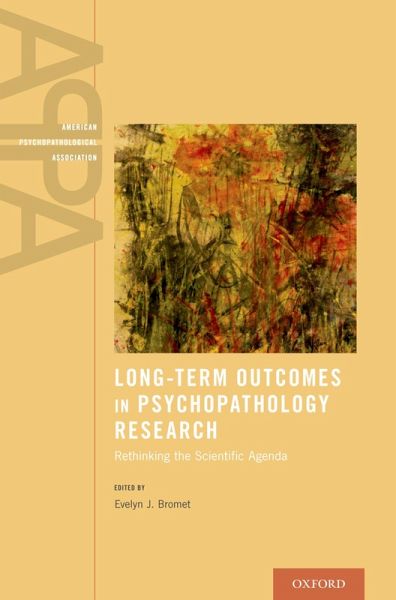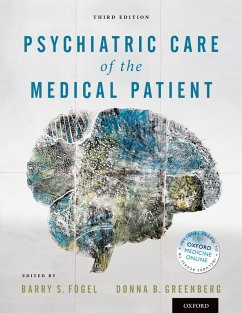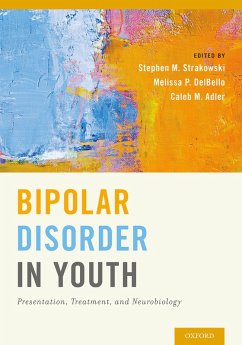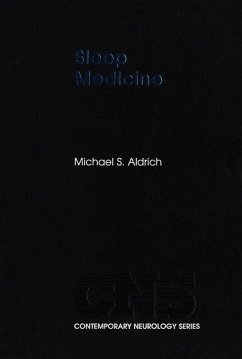
Long-Term Outcomes in Psychopathology Research (eBook, PDF)
Rethinking the Scientific Agenda
Redaktion: Bromet, Evelyn J
Versandkostenfrei!
Sofort per Download lieferbar
57,95 €
inkl. MwSt.
Weitere Ausgaben:

PAYBACK Punkte
29 °P sammeln!
Based on the 103rd annual meeting of the American Psychopathological Association, Long-Term Outcomes in Psychopathology Research: Rethinking the Scientific Agenda explores the long-term course of illness and functioning of individuals treated for mental health and substance use disorders and the outcomes research derived from these cases. Sections cover topics including: findings from long-term psychopathology outcome studies, problematic case definitions, differing perspectives on the concept of recovery, the need for continued long-term outcomes research, and research priorities for patients...
Based on the 103rd annual meeting of the American Psychopathological Association, Long-Term Outcomes in Psychopathology Research: Rethinking the Scientific Agenda explores the long-term course of illness and functioning of individuals treated for mental health and substance use disorders and the outcomes research derived from these cases. Sections cover topics including: findings from long-term psychopathology outcome studies, problematic case definitions, differing perspectives on the concept of recovery, the need for continued long-term outcomes research, and research priorities for patients with chronic and severe disorders. The book employs the experiences of innovative mental health providers, reflecting the value of personal narratives in research conducted in cross-sectional increments with pre-formulated questions and response options. As psychiatry continues to refine its diagnostic categories and psychology demands greater attention to dimensionality, the need for interdisciplinary long-term studies is as critical as ever. This final volume in the American Psychopathological Association Series reflects on developments in outcomes research conducted in parallel with different disorders and offers suggestions for preserving long-term outcome studies as the mainstay of clinical knowledge.
Dieser Download kann aus rechtlichen Gründen nur mit Rechnungsadresse in A, B, BG, CY, CZ, D, DK, EW, E, FIN, F, GR, HR, H, IRL, I, LT, L, LR, M, NL, PL, P, R, S, SLO, SK ausgeliefert werden.













